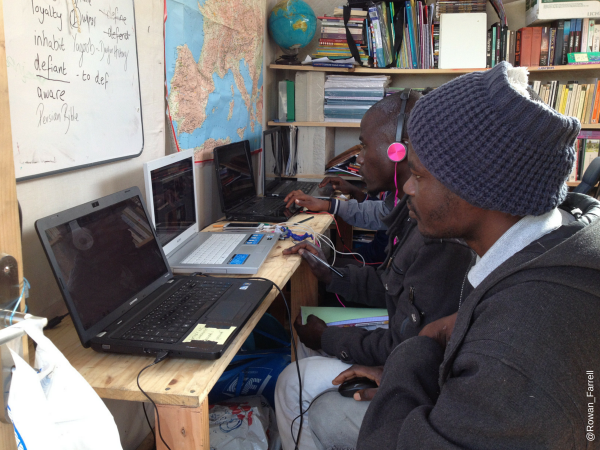The ITU Telecom World Young Innovators Competition is looking for entrepreneurs with innovative ideas on how ICTs can mitigate the various problems faced by refugees. This could include helping to provide critical services to refugees, working to prevent the situations that make them refugees, connecting families and tracking movements, or helping to make refugees at home in their host country or safely returning them home.
The best participants will be invited by our partners from the German Government to attend CeBIT 2016 March 14-18 and work together and strengthen their concepts, building better and potentially entirely new startups as a community. The two best ideas coming out of CeBIT will be extended further benefits, such as visibility, networking and capacity building opportunities.
The ideas could focus on tackling the causes on migration; on fostering the integration or return of displaced people; on improving education, health care or other relevant aid services; or rebuilding and reuniting the community, through remittances, communications or other systems to serve the refugees. Any and all of these are among the topics that successful applications might work on, along with a range of other issues.
Migration is one of the greatest global challenges of the 21st century. It comprises both the refugees who are forced to flee their home due to war or cultural or religious oppression and those who leave of their own volition because of economic or ecological reasons. The number of displaced people is dramatic, 60 million, with nearly 20 million refugees and almost 40 million internally displaced people, and it still increasing. Each day another 40,000 people around the world leave their home to search for peace and security.
Refugees face a unique set of problems. They need protection, not only in their home countries, but as they travel and in their host communities. They need assistance in meeting basic needs of education, food, water and shelter. They need long term solutions, reuniting families, integrating refugees into new homes or returning them safely to their homes. All of this is made more complicated because the disasters, warfare and oppressions that drove them from their homes initially. ICTs can help with many of these issues, and can be a key element in improving their lives.
Eligible entrepreneurs must be between 18 and 30, and could work with refugees themselves, especially vulnerable groups such as women, children, the elderly or disabled; with NGOs active in this field; with municipalities or local authorities of the host countries; with other private sector actors, or anyone else. The problems arising from migration spread into the most different sectors.
Learn more: https://ideas.itu.int/category/5090


